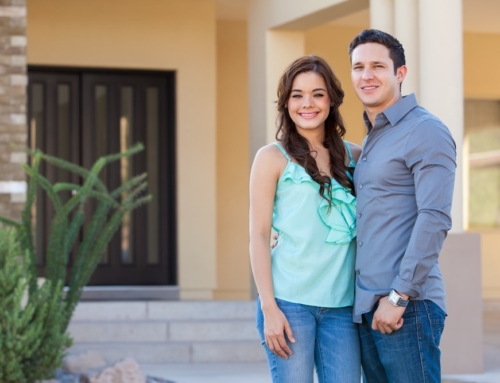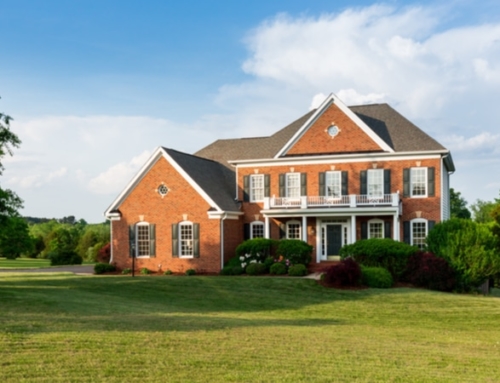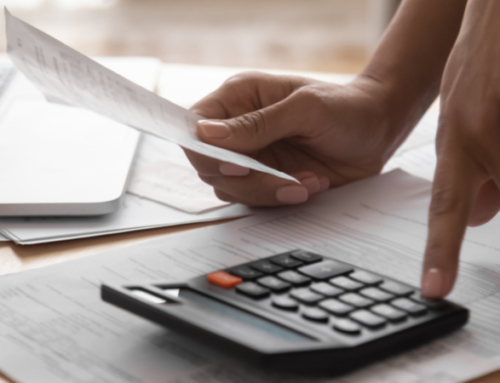Q: You received a letter from some folks who had lived in their primary residence from 1980 to 1994 and then converted it to a rental. They wanted to know if they could avoid paying capital gains tax on its sale if they let their son live in the rental rent free for two years.
Your reply was no, and you wrote that even if the owners moved back into the home, they might still owe some taxes on the gain from the years in which the house was a rental property.
Could you please clarify that? And also, what happens to the depreciation that was taken while the house was being rented? Don’t they have to account for that?
A. You are correct that the homeowner upon the sale of the home will have to pay taxes on the gain and, in addition, may have to pay taxes on any depreciation taken on the property over the years.
The only way to defer the payment of any of these taxes is for the homeowner to sell this investment property and purchase another one in a like-kind exchange, also known as a “Starker exchange†or a “1031 exchange.â€
In this like-kind exchange the seller sells his first property and generally buys a second investment property of equal or greater value with financing that is less than or equal to the financing in place on the place being sold. Through this exchange, the seller “transfers†his tax situation from the first property to the second.
This doesn’t eliminate any taxes owed, it just defers them until this new property is sold.






Leave A Comment